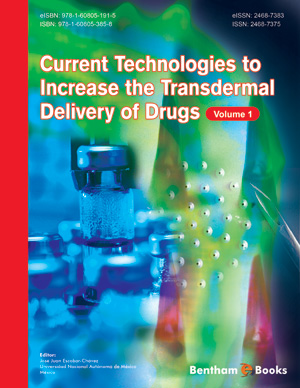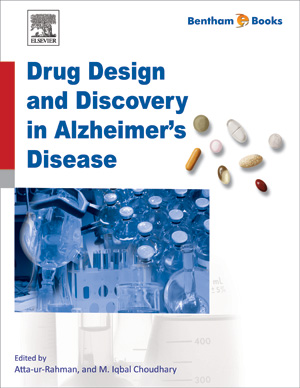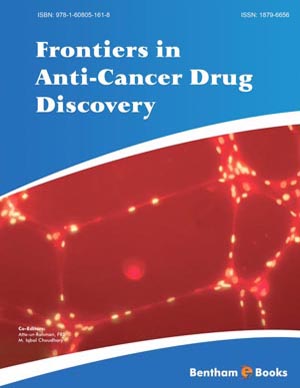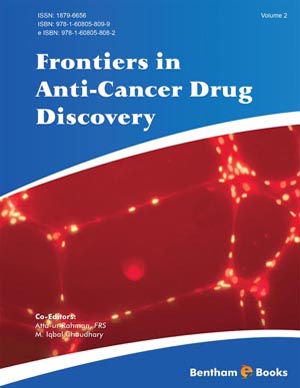Abstract
The recent scientific advancements have aroused the attention towards the role of microbes in the therapeutic management of various maladies that have transformed the pharmaceutical research. Although certain bacteria are widely known to cause cancer, recent research has shown exciting outcomes signifying the role of bacteria as an effective therapeutic agent for cancer. Different bacterial strains have been scrutinized for their inherent potentials to colonize the tumors environment and subsequent oncolytic properties in animal models. Moreover, their inherent anti-cancer properties can be boosted through genetic engineering, which allows the bacterial species to transfer the therapeutic molecules into tumor cells. During the previous few years, the studies have focused on the use of genetically modified bacteria for cancer therapy with an emphasis on blocking tumor angiogenesis. Although the studies regarding the microbial-based anti-angiogenesis therapy for cancer management are quite a few, it seems to be an innovative and attractive approach, particularly for solid tumors which usually possess increased vascularization. This chapter aimed to provide recent information relating to the candidates for anti-angiogenesis therapy, including angiostatin, tumstatin, endostatin, interleukin-12, metargidin peptide with a focus on recent developments in the newly identified field of microbe-based angiogenesis suppression. The advanced approaches for the use of modified bacteria as anti-cancer therapeutics have been discussed, particularly the DNA vaccination, bactofection, alternative gene therapy, and RNA interference with an emphasis on their antiangiogenesis potential.
Keywords: Angiogenesis, Gene therapy, RNA Interference, Tumor vaccines, Vascularization.






















